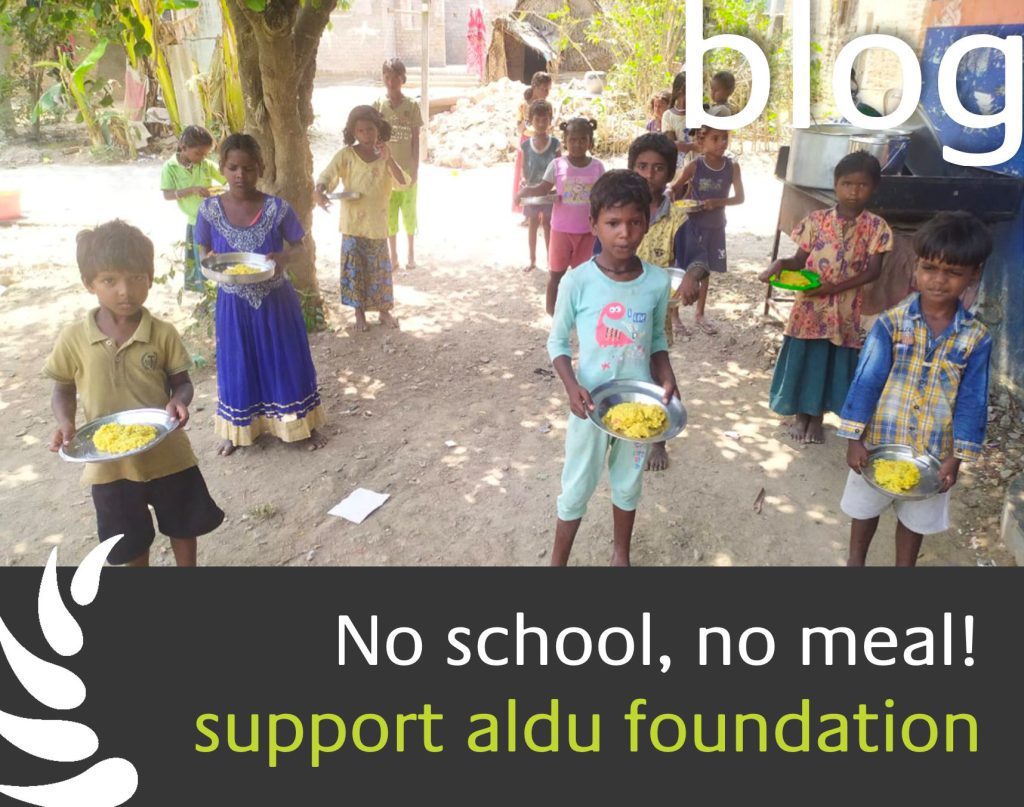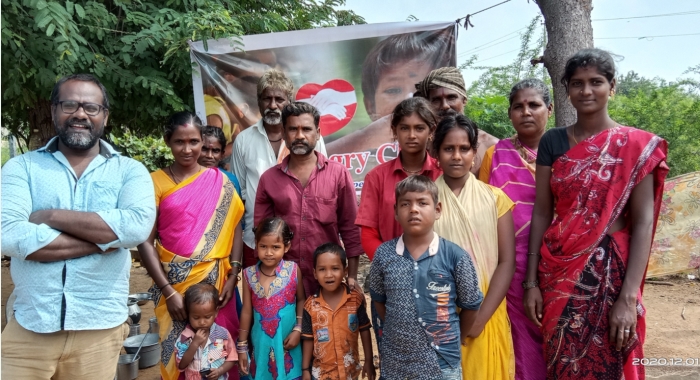No school, no Meal.
The National Food Security Act (2013) says, “The basic concept of food security globally is to ensure that all people, at all times, should get access to basic food for their active and healthy life. Though the Indian Constitution does not have any explicit provision regarding a right to food, the fundamental right to life enshrined in Article 21 may be interpreted to include the right to live with human dignity, and this certainly includes the right to food and other basic necessities.”
According to the Mid-Day Meal Scheme – Ministry of Education, Government of India, 115.9 million children are enrolled in this program.
Last year as the lockdowns kept extending, the Central and State Governments decided to provide Food grains and cooking costs to families of children enrolled in mid-day meal scheme as schools were shut and provision of hot meals were thus restricted.
It has been a year since this was inititiated and yet, there is no report on whether all children have been able to eat at least one meal a day.
Many children and their families depend on this one meal to get through the day as the parents either work as labourers, daily wagers and come from the poorest sections of the society.
The percentage of children who are enrolled in Government schools is a staggering 65% of the total children population in India. Over the past few decades, Indian families have increasingly believed that private schools are better than public education. That leaves families who do not have the income or resources to send their children to private schools, no other choice but to access public education. Thus, we can fairly assume that most of the children who are enrolled in Government schools in India come from lower income or poor families. Which means, we do not know if 65% children in India received one meal a day during school shutdowns.
When I look at these numbers, my heart sinks. Our constitution talks about the right to food and basic necessities, yet there is such a large population in our country that is neglected. If a pandemic does not get us to act up and ensure every child in our country is able to access right to food, we have failed as a system.
However, there are individuals who are working hard to address this issue. I get inspired by people like John Peter, a kanthari graduate from 2013, who runs an organisation called ALDU Foundation – which works with marginalised communities in Pondicherry and Tamil Nadu on education, health and livelihood.
His current project is based in Thiruvallur, Tamil Nadu. Anna Nagar is one of the tribal villages where a community of daily wagers, who work in a rice mill and make living from plucking flowers, reside. There are about 800 families in this community.
He identified 210 children – 110 who are studying in primary, 60 in higher secondary and 40 in special schools (most being dropouts). Through his organisation, John Peter is raising funds to provide them one meal a day so they do not go to bed hungry. You can donate to provide a meal to a child here – http://gocrowdera.com/aldufoundation
What surprises me is the lack of urgency in our system and no concrete information in the year plan to ensure the 115.9 million children continue to get access to a minimum of one daily meal. The impact of the pandemic is going to be felt in the years to come. I certainly hope that we are able to ensure the right to food and necessities is that this is not neglected in the future. In the meantime, we need to support change makers like John Peter.
Thank you for your support,
Meghana


